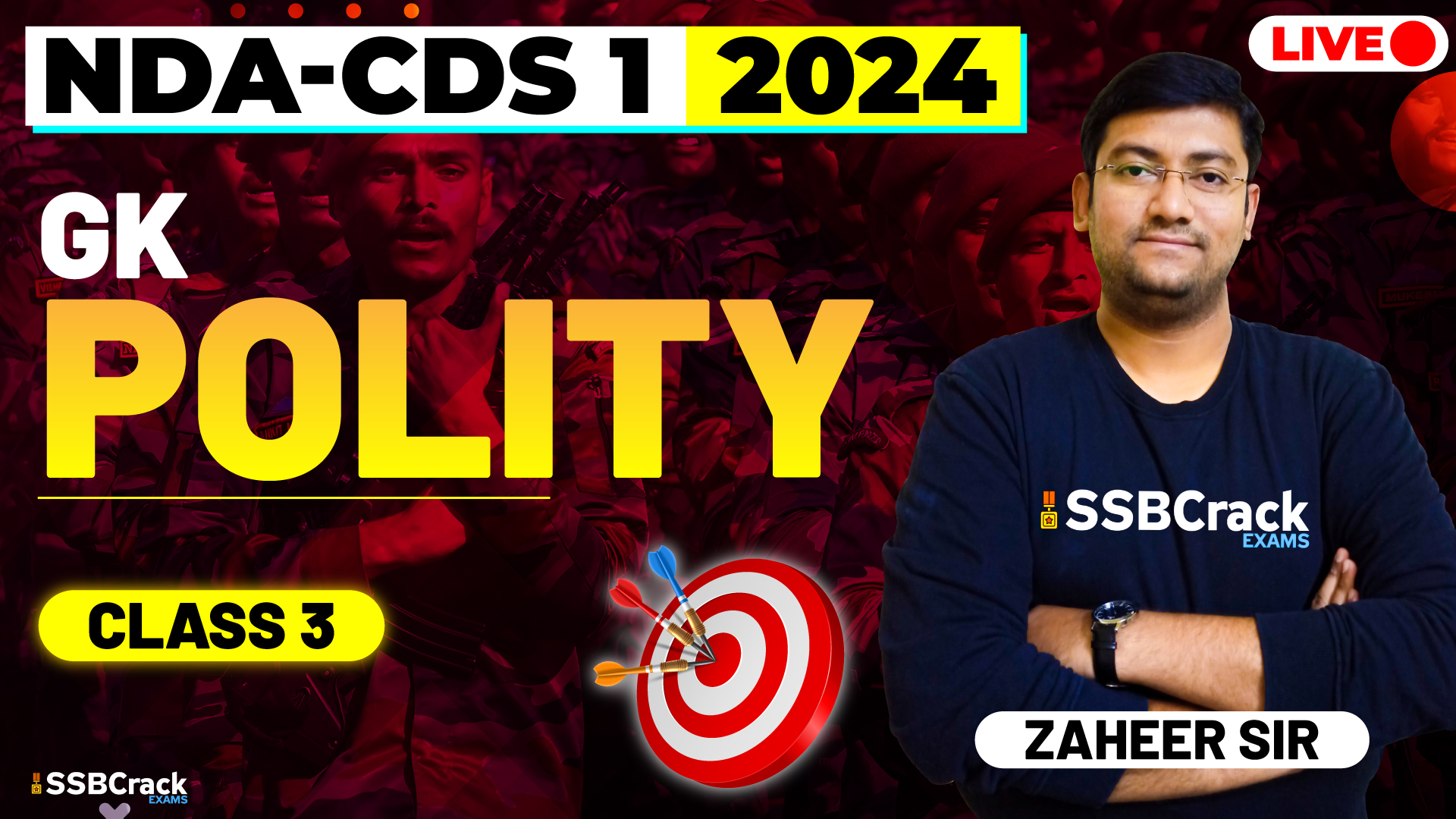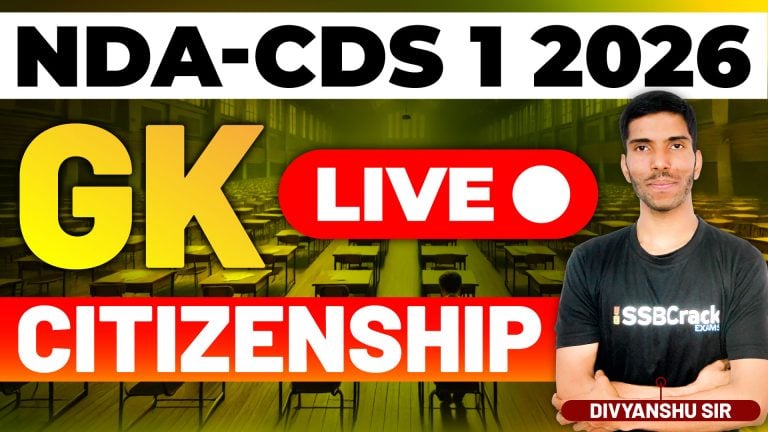In the pursuit of becoming esteemed officers in the Indian Armed Forces, NDA (National Defence Academy) and CDS (Combined Defence Services) aspirants undergo a rigorous selection process that includes a written examination. One of the pivotal subjects that can significantly impact their success is Indian Polity. This article aims to shed light on the paramount importance of mastering Indian Polity for NDA & CDS exams, with a focus on the Fundamental Rights and the art of solving Multiple Choice Questions (MCQs).
Understanding the Significance of Indian Polity:
Indian Polity plays a crucial role in the NDA & CDS exams as it forms the backbone of the country’s administrative and constitutional framework. Officers in the Armed Forces need to have a profound understanding of the governance structure, legal provisions, and the principles that govern the nation. Therefore, a thorough knowledge of Indian Polity becomes imperative for aspirants aiming to excel in these prestigious exams.
Focus on Fundamental Rights:
Among the various topics covered in Indian Polity, a deep dive into Fundamental Rights is of paramount importance. These rights, enshrined in Part III of the Indian Constitution, are fundamental guarantees that protect the individual liberties and freedoms of citizens. Aspirants must comprehend the nature, scope, and limitations of these rights to answer questions effectively in the exam.
The significance of Fundamental Rights extends beyond the written examination. Officers in the Armed Forces need to uphold the principles of justice, liberty, equality, and fraternity, making a strong foundation in Fundamental Rights a prerequisite for their roles as defenders of the nation.
Mastering Multiple Choice Questions (MCQs):
The NDA & CDS exams are known for their objective format, primarily consisting of Multiple Choice Questions (MCQs). The ability to navigate through these questions efficiently is a skill that can significantly impact an aspirant’s performance. In the Indian Polity class, emphasis is placed on honing the skills required to tackle MCQs effectively.
Solving MCQs requires not only theoretical knowledge but also strategic thinking and quick decision-making. Aspirants will learn to analyze options, eliminate incorrect choices, and arrive at the correct answer within the stipulated time. This skill is not only essential for the written examination but also mirrors the on-the-spot decision-making capabilities required in real-life scenarios for military officers.
Conclusion:
In conclusion, the Indian Polity class for NDA & CDS aspirants holds immense importance in shaping their success in the upcoming exams. A thorough understanding of Fundamental Rights coupled with adept MCQ-solving skills can be the differentiator that propels aspirants towards their goal of becoming officers in the Indian Armed Forces.
As educators, it is our responsibility to equip our aspirants with the knowledge and skills that will not only help them crack the exams but also prepare them for the challenges they will face as defenders of the nation. Indian Polity, with its focus on Fundamental Rights and MCQ-solving techniques, serves as a stepping stone towards achieving this noble objective.







